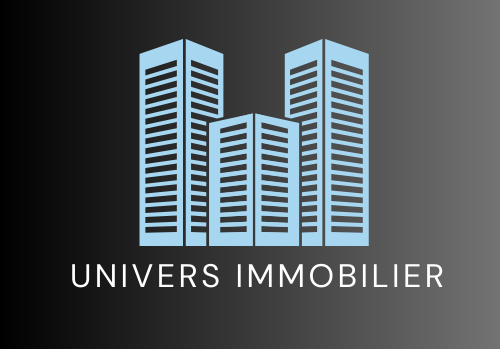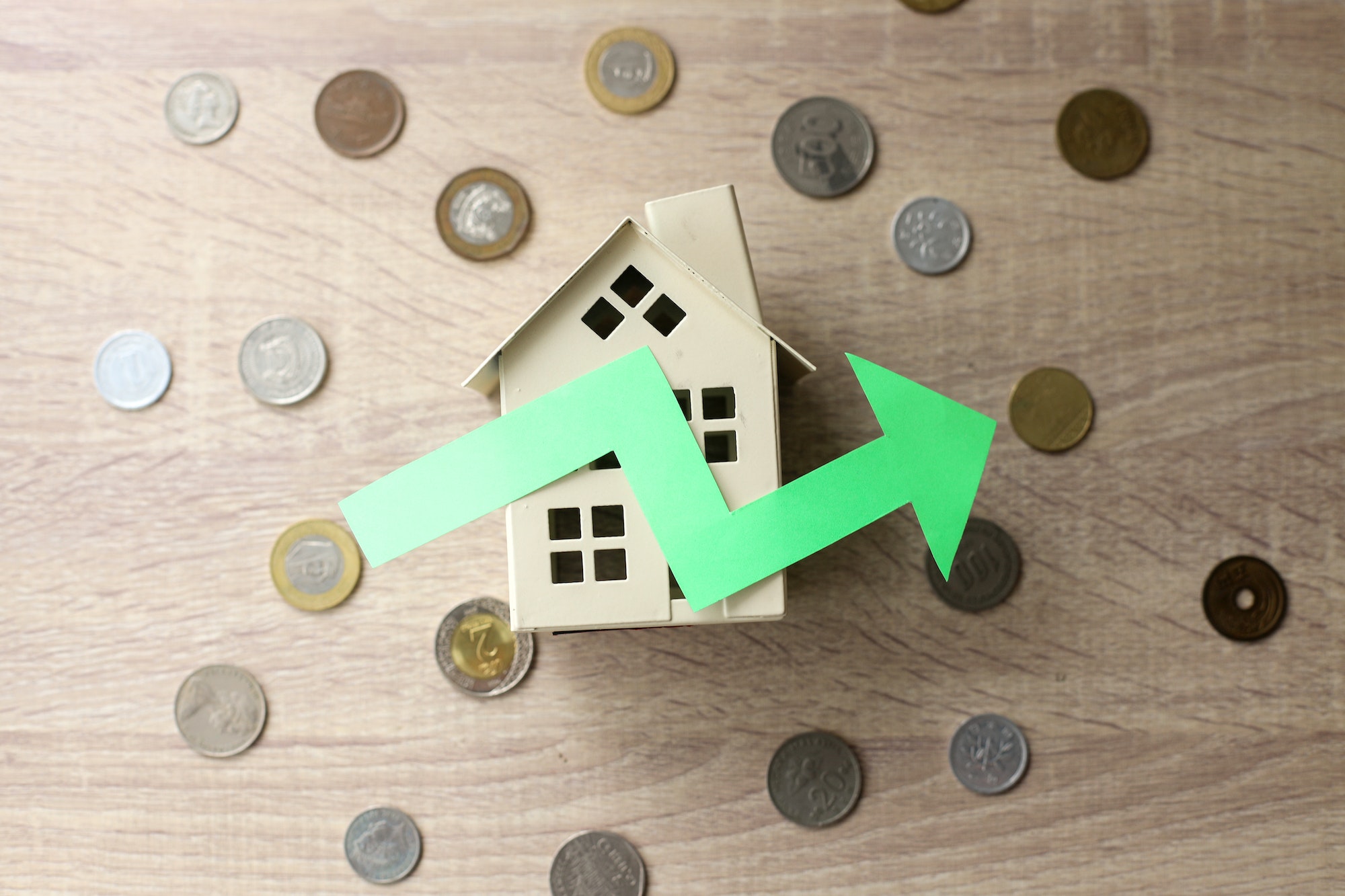Investing in rental properties is a popular way to generate income and build wealth in the real estate market. However, finding the perfect property that suits your investment objectives can be a challenging task, especially if you are new to the world of real estate investing. In this article, we will provide you with essential tips and insights to help you find your ideal rental property, maximize your rental income, and ensure your investment’s long-term success.
- 1 Location Matters: Choosing the Right Neighborhood
- 2 Analyzing Cash Flow and Financial Metrics
- 3 Diversifying Your Real Estate Portfolio: Property Types and Styles
- 4 Ensuring a Smooth Tenant Experience: Property Management and Lease Agreements
- 5 Doing Your Due Diligence and Investing Wisely
-
6
FAQ
- 6.1 What should I consider when choosing a rental property?
- 6.2 How do I find out more about a potential rental property?
- 6.3 What is the best way to evaluate a rental property?
- 6.4 What should I do if I’m not sure if a rental property is right for me?
- 6.5 Are there any tips for negotiating rent on a rental property?
Location Matters: Choosing the Right Neighborhood
The first step to finding your ideal rental property is to identify the right location. A property’s value and rental income potential are significantly influenced by its surroundings, so it is crucial to choose a neighborhood that aligns with your investment goals.
First, consider the area’s economic prospects. Look for neighborhoods with a strong job market, as this will attract potential tenants and ensure a steady demand for rental properties. Additionally, research the local housing market to understand the trends and make sure you are investing in a growing market.
Next, prioritize safety and security. A neighborhood with low crime rates and a strong sense of community will be more attractive to tenants, leading to higher occupancy rates and better tenant retention.
Finally, consider the amenities and conveniences in the area. Proximity to shopping centers, schools, parks, and public transportation will make your property more appealing to potential renters and can help justify higher rental rates.
Analyzing Cash Flow and Financial Metrics
When evaluating potential rental properties, it is essential to understand the financial metrics that drive the success of a real estate investment. In particular, you should focus on cash flow, the cap rate, and rental yield to determine whether a property is a good investment.
Cash flow is the amount of money generated by a rental property after accounting for expenses such as mortgage payments, property taxes, and maintenance costs. Positive cash flow indicates that your investment is generating income, while negative cash flow means you are losing money on the property. To ensure long-term success, look for properties with strong positive cash flow potential.
The cap rate is a measure of a property’s profitability, calculated by dividing the net operating income (NOI) by the property’s purchase price. A higher cap rate indicates a more profitable investment. While cap rates vary based on location and property type, a cap rate of 6% or higher is generally considered good for rental properties.
Rental yield is another key metric to assess a property’s income potential. To calculate rental yield, divide the annual rental income by the property’s purchase price, then multiply by 100 to express the result as a percentage. A rental yield of 5% or higher is usually considered favorable for investment properties.
Diversifying Your Real Estate Portfolio: Property Types and Styles
Diversification is an important strategy in any investment endeavor, and real estate is no exception. When searching for your ideal rental property, consider a mix of property types and styles to minimize risk and maximize potential returns.
Single-family homes are a popular choice for first-time real estate investors, as they are relatively easy to manage and maintain. They typically have a stable tenant base, with families looking for long-term rentals.
Multi-family properties such as duplexes, triplexes, and apartment buildings can offer higher returns due to multiple rental units generating income simultaneously. However, they may require more hands-on management and a larger initial investment.
Commercial properties, such as office buildings and retail spaces, can also be lucrative rental investments. These properties often have longer lease agreements and higher-quality tenants, but they may be subject to greater market fluctuations and require a significant initial investment.
When selecting a property style, consider factors such as the neighborhood’s demographics, tenant preferences, and market trends to choose a property that will attract your target renters.
Ensuring a Smooth Tenant Experience: Property Management and Lease Agreements
To maximize your rental property’s success, it is crucial to provide a positive tenant experience, which starts with effective property management and a well-structured lease agreement.
Consider hiring a property management company to handle day-to-day operations, such as tenant screening, rent collection, and maintenance requests. A professional property manager can save you time and effort, and ensure your property remains in good condition.
When drafting a lease agreement, be sure to include clear terms and conditions, such as rent amount, payment due dates, security deposits, and maintenance responsibilities. A comprehensive lease agreement will help prevent misunderstandings and disputes and protect your investment.
Doing Your Due Diligence and Investing Wisely
Finding your ideal rental property requires thorough research, careful planning, and strategic decision-making. By focusing on location, financial metrics, diversification, and effective property management, you can set yourself up for long-term success in the real estate market.
Remember to always conduct thorough due diligence before making any investment decisions, and consult with a real estate professional to ensure you are making the most informed decisions possible. With hard work and dedication, you will be well on your way to building a successful real estate investment portfolio.
FAQ
What should I consider when choosing a rental property?
When choosing a rental property, there are several factors to consider. These include the location of the property, the size and layout of the property, the amenities offered, the cost of rent and utilities, and any restrictions that may be in place (such as pet restrictions or noise restrictions).
How do I find out more about a potential rental property?
You can learn more about a potential rental property by doing research online, viewing photos of the property on listing sites, scheduling an in-person viewing of the property (if available), and asking questions of current tenants or landlord if possible.
What is the best way to evaluate a rental property?
The best way to evaluate a rental property is to make sure you have all the facts before making a decision. This means researching online, speaking with current tenants or landlord if possible, viewing photos and videos of the property, and taking an in-person tour if available. Additionally, it’s important to look into any local ordinances or rules that could impact your experience in your new home.
What should I do if I’m not sure if a rental property is right for me?
If you’re unsure whether a rental property is right for you, it’s best to take some time to think it over. Consider all of your options and weigh them against your needs and lifestyle. If you’re still uncertain, it might be best to keep looking until you find one that meets your needs perfectly.
Are there any tips for negotiating rent on a rental property?
When negotiating rent on a rental property, it’s important to research comparable properties in the area first. This will help you determine what a fair price should be. Additionally, it’s important to be polite and professional when negotiating with landlords or real estate agents. It can also be helpful to offer something in exchange for lower rent such as agreeing to sign a longer lease agreement.






